Clearly define the scope of regulation to avoid "newspaperization" of magazines
Expressing agreement with many opinions, including the need to carefully consider the adjustment of scientific journals, delegate Hoang Minh Hieu (Nghe An) said that the activities of scientific journals are currently regulated in the Law on Science, Technology and Innovation. Meanwhile, according to the provisions of the Law on Promulgation of Legal Documents, a law should not re-regulate the contents that have been clearly regulated in another law, in order to ensure consistency and avoid overlap in the legal system.
.jpg)
According to the delegate, the management mechanism for scientific journals has many different characteristics compared to the press in general. Currently, according to the draft regulations, most people working at scientific journals are not granted press cards; their financial mechanisms are also separate, for example, collecting review fees, publishing research works according to the peer review process - a special form in the field of science. Applying the provisions of the Press Law to this type may not be really appropriate.
From international experience, most countries do not include scientific journals in the scope of general press law but have their own management mechanism. The delegate suggested that the Drafting Committee should carefully consider whether to include scientific journals in the scope of the Press Law or not, to ensure consistency and conformity with international practice and practice.
Regarding the distinction between newspapers and magazines to combat the situation of “newspaperization of magazines”, delegates assessed that this is an important issue and the Government has initially identified it quite clearly. The Draft Law has proposed many solutions to tighten the management of magazine activities, such as limiting the establishment of representative agencies and redefining the concept of “magazine”. However, it is still necessary to continue to clarify the two basic criteria to distinguish between these two types.
In terms of periodicity, in many countries, magazines are only published on a minimum cycle (e.g. 7 days or more) to avoid the situation where magazines operate like newspapers, publishing daily news. This regulation is worth considering to ensure the boundary between the two types.
In terms of content, the draft currently states that magazines publish information according to the principles and purposes, reflecting the activities of the governing body, but this provision is not enough to clearly distinguish between the two types because newspapers must also comply with the principles and purposes, while many agencies and organizations currently publish information about their activities on electronic information portals. If there are no strict regulations, it will be impossible to distinguish between the forms of newspapers, magazines, and electronic information portals, causing difficulties in management.
Perfecting the economic mechanism for healthy press development
Referring to the issue of press economics, delegate Hoang Minh Hieu emphasized that this is a key content, directly linked to the sustainable development of the press system.
.jpg)
Currently, the payment mechanism for royalties is mainly based on views or visits. This calculation method can make reporters prioritize short, trend-driven news stories, while in-depth, high-quality stories are less interested. This directly affects the quality of press content... In addition, economic difficulties can also lead to negative manifestations in professional activities, so the draft law needs to have substantial solutions to support the healthy development of the press.
According to the delegate, the State currently supports about 0.5% of the budget for the press - an average level compared to the international level, but the support is still scattered. It is necessary to study a mechanism for allocating the budget with focus, priority for press agencies that carry out political tasks, serve remote areas or have high-quality products with great social value.
In addition, tax policies also need to be considered. According to delegates, some countries apply tax incentives to press agencies operating on a subscription model, especially digital subscriptions for electronic newspapers (subscription), to encourage the development of quality content and reduce dependence on advertising. This is a direction that needs to be researched to suit the trend of digital transformation in the media sector.
Regarding copyright issues, the draft law mentioned the sharing of press content on social networking platforms, but only at the principle level. The delegate proposed more specific regulations on the revenue sharing obligations of platforms when using press content. Citing Canada's experience, the delegate said: the law of this country requires platforms with more than 2 million users and using commercial press content to have a revenue sharing mechanism for press agencies. This is an experience worth referring to in the process of completing the draft Law.
Expressing agreement with the regulation allowing press agencies to link up to increase revenue, delegates said that it should be accompanied by a strict monitoring mechanism to avoid the situation of distorted links, leading to "privatization" of press activities. Along with that, it is necessary to pay attention to reducing the cost of law compliance for press agencies. Some new regulations in the draft, such as requiring the press to connect and be responsible for the information they post on social networks, may increase administrative procedures and implementation costs, while the law on social media reporting has general regulations for all entities. Therefore, only the really necessary contents should be regulated, avoiding duplication and causing difficulties in implementation.
According to delegate Hoang Minh Hieu, the draft Law on Press (amended) is an important step to complete the legal framework for the press to develop professionally, humanely and modernly. However, it is necessary to continue researching and completing the contents related to the scope of regulation, classification of types, economic mechanisms and support policies, to ensure feasibility and suitability with the current rapid development of the Vietnamese press.
Source: https://daibieunhandan.vn/dbqh-hoang-minh-hieu-nghe-an-can-tao-dieu-kien-cho-co-quan-bao-chi-phat-trien-ben-vung-10392571.html


![[Photo] Prime Minister Pham Minh Chinh meets with South African President Matamela Cyril Ramaphosa](https://vphoto.vietnam.vn/thumb/1200x675/vietnam/resource/IMAGE/2025/10/23/1761226081024_dsc-9845-jpg.webp)

![[Photo] Prime Minister Pham Minh Chinh chairs meeting on railway projects](https://vphoto.vietnam.vn/thumb/1200x675/vietnam/resource/IMAGE/2025/10/23/1761206277171_dsc-9703-jpg.webp)


![[Photo] President Luong Cuong holds talks with South African President Matamela Cyril Ramaphosa](https://vphoto.vietnam.vn/thumb/1200x675/vietnam/resource/IMAGE/2025/10/23/1761221878741_ndo_br_1-8416-jpg.webp)
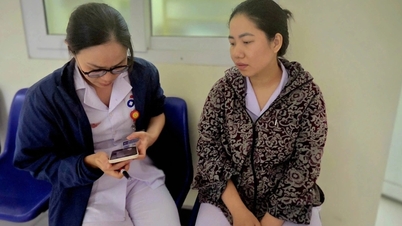

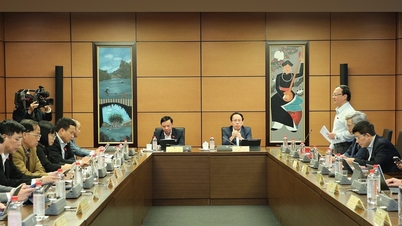
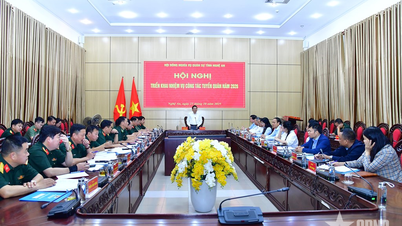

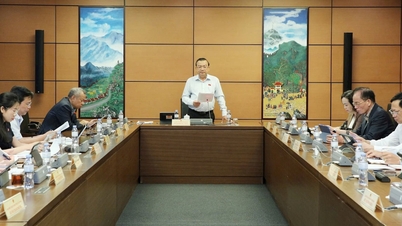
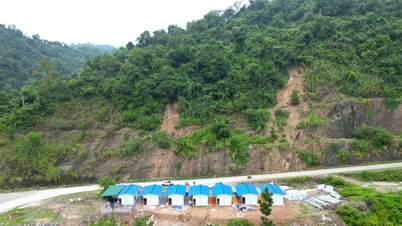

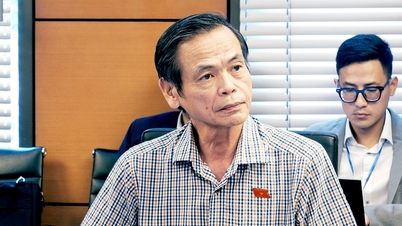

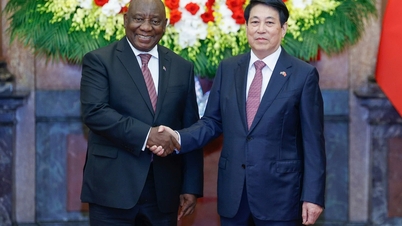

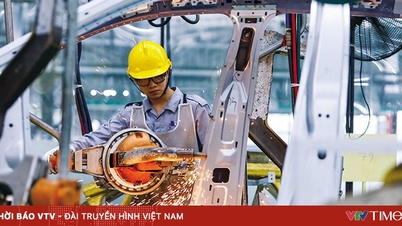

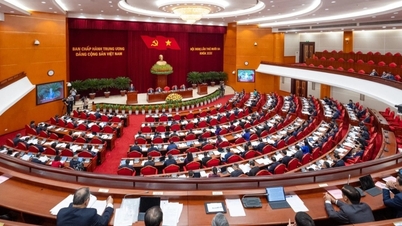
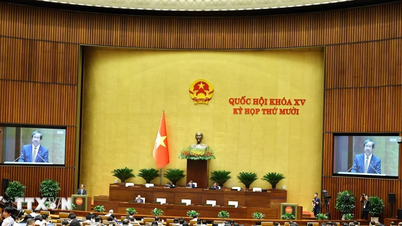

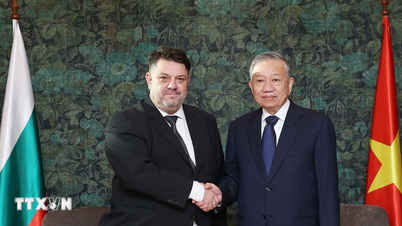
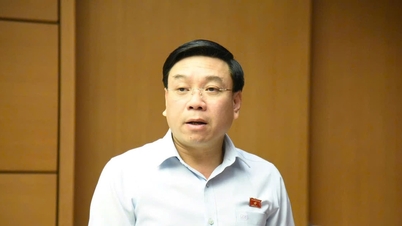




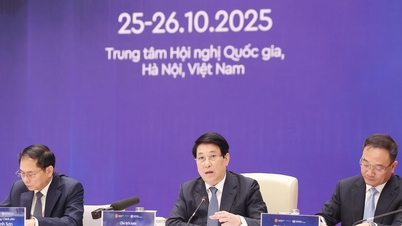
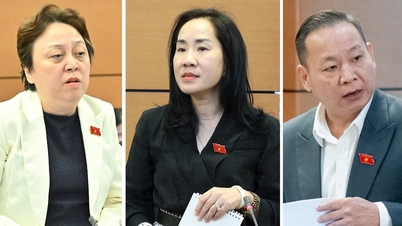
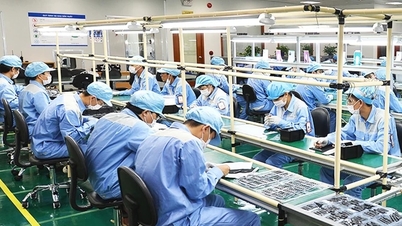
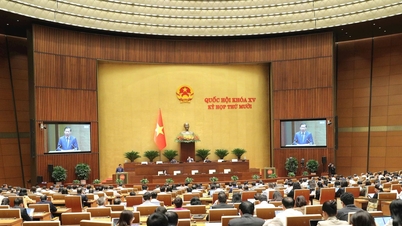
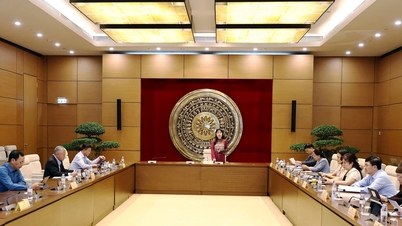
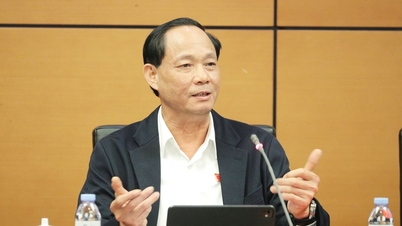



































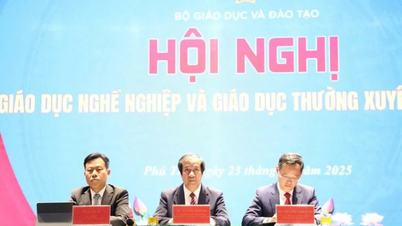


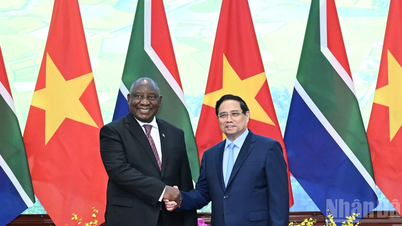




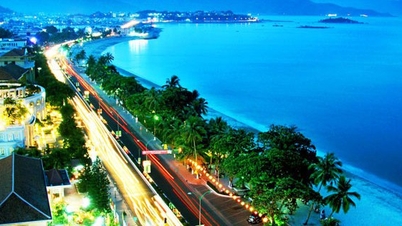
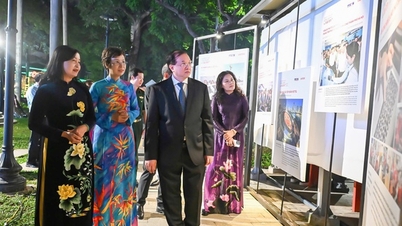



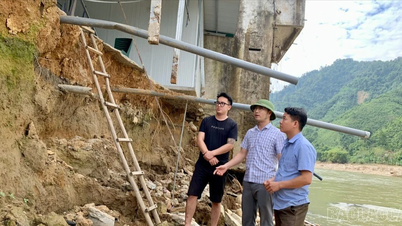

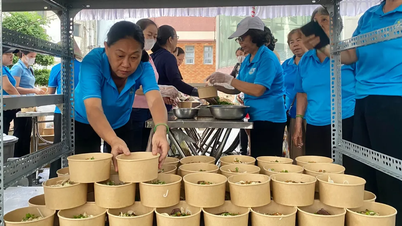



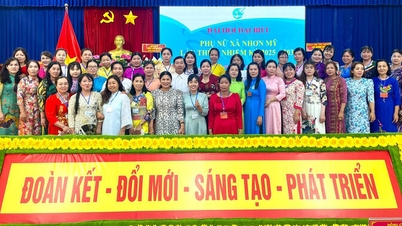

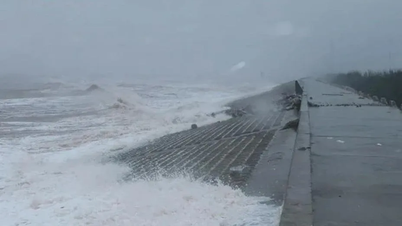
















Comment (0)